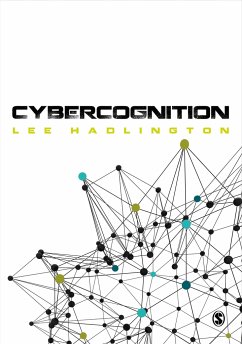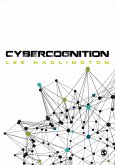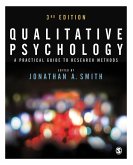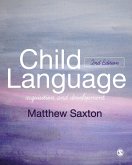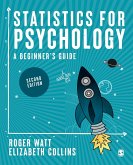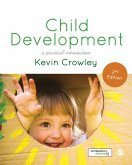Technology is developing rapidly. It is an essential part of how we live our daily lives in a mental and physical sense, and in professional and personal environments.
Cybercognition explores the ideas of technology addiction, brain training and much more, and will provide students with a guide to understanding concepts related to the online world.
It answers important questions:
What is the impact of digital technology on our learning, memory, attention, problem-solving and decision making? If we continue to use digital technology on a large scale, can it change the way we think? Can human cognition keep up with technology?
Suitable for students on Cyberpsychology and Cognitive Psychology courses at all levels, as well as anyone with an inquiring mind.
Cybercognition explores the ideas of technology addiction, brain training and much more, and will provide students with a guide to understanding concepts related to the online world.
It answers important questions:
What is the impact of digital technology on our learning, memory, attention, problem-solving and decision making? If we continue to use digital technology on a large scale, can it change the way we think? Can human cognition keep up with technology?
Suitable for students on Cyberpsychology and Cognitive Psychology courses at all levels, as well as anyone with an inquiring mind.
Hadlington's book fills a void in the library of academic tones in this field...the breadth of topics included is impressive, and there are dedicated chapters to the much-debated topics of technology addictions and brain training applications (which) also encourage readers to consider all sides of these debates. The author takes complex topics, presents them in a highly engaging and thorough format, and encourages the reader to apply the research data to their own daily interactions with technology. He also carefully considers the peer-reviewed research in the field, avoiding sensationalism in favour of basing his conclusions on evidence-based studies. It is, in all, an excellent read, engaging and informative for undergraduates, postgraduates, and academic staff alike. Grainne Kirwan

